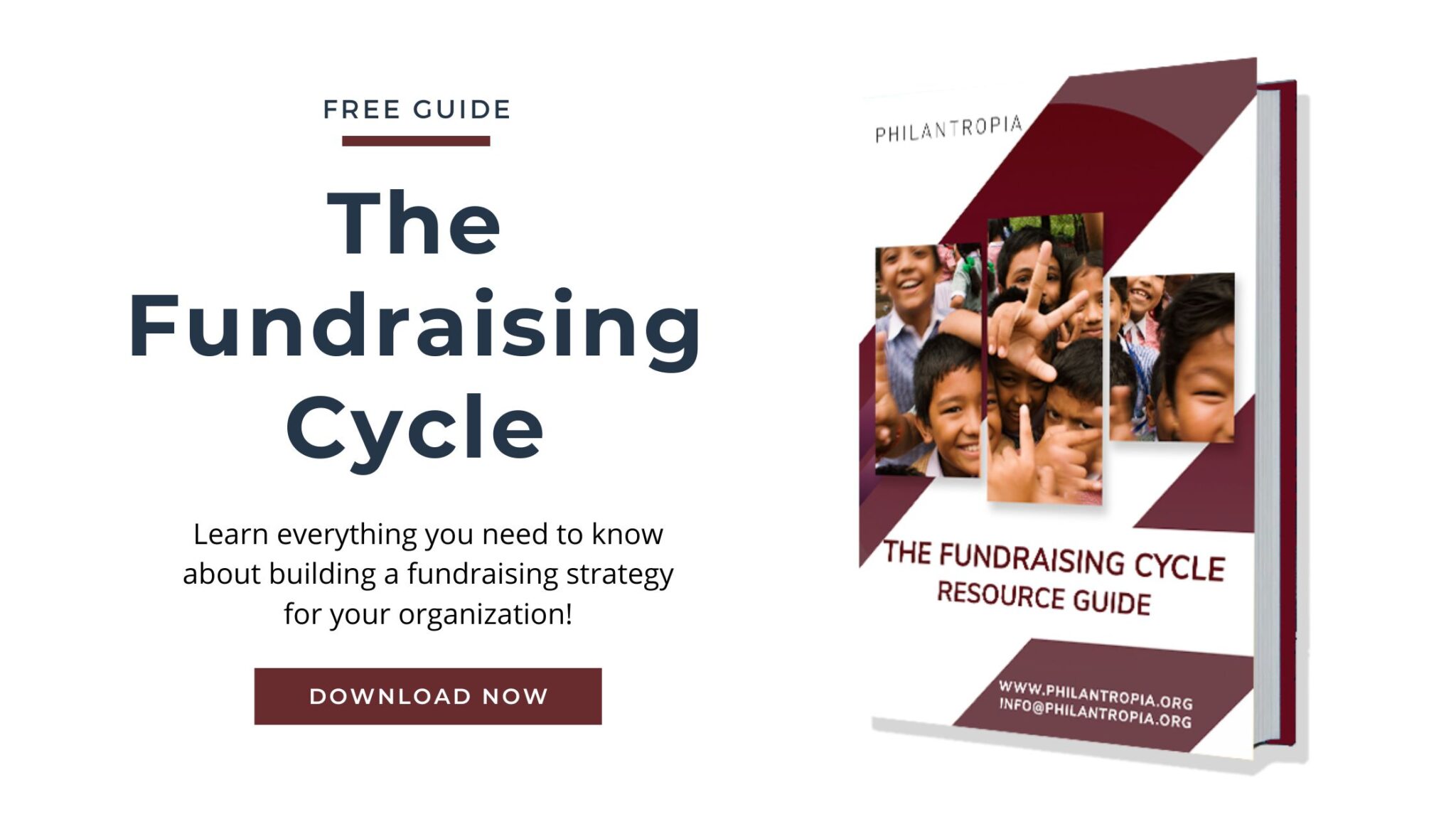Language changes. Particularly in the development sector and thus in proposal writing, some terms that were very common in the past are not used anymore today. In our last article, we explained some of the reasons behind changing language. Today it’s time to look at some of the changing terms more in detail to understand why we should be more conscious about word choice.
“Third World” vs. “Developing World”
An example for changing language in the context of proposal writing is the term “Third World”. This term has evolved during the Cold War and describes countries that were neither aligned with the NATO nor the Communist Bloc. Technically, Switzerland is also a Third World country. Over the years this term has become synonymous with less developed countries and has been used in NGO jargon a lot. People point out though that we have but one world, so it does not make sense to use this term. Splitting the world up into a ranking makes it sound like countries in the first order are somehow better than the others. Right now, the term “developing world” is used more frequently, but has also come under critique as it is not very precise and also contains a lot of judgment. Other terms used are “Global South” or “Emerging Nations”. None of these terms are a widely accepted good alternative though, stay up to date on this discussion.
“Development Aid” vs. “Development Cooperation”
Another example are the words “Development Aid” and “Development Cooperation”. When richer countries started to support projects in poorer countries, the main idea was to help these nations. Many times they were seen as passive recipients who just needed to be pushed a bit to catch up with the more developed nations. Over the decades, this concept has been debunked and today we know that the cooperation of the stakeholders is of core importance for the success of any project or program. The shift from the word “Aid” to “Cooperation” reflects this paradigm shift.
“Beneficiaries” vs. “Stakeholders”
Another example for the ever shifting use of vocabulary is the term “Beneficiaries”. While it is still widely used and we have articles about it as well, many people start looking for an alternative. The term “Beneficiary” is a passive one, describing the people working with a project as passive recipients of aid. To move away from this notion, many advocates recommend using terms like “Stakeholders”, “Partners”, “Community Members” or even “Customers” instead.
Other examples are “charity” vs. “philanthropy” and “disabled” vs. “special needs” or “differently abled”.
So as you can see, there are some words that have changed in the last decades and some that are currently changing in their use. When writing a proposal, it is important to be aware of these shifts and discussions. It is always a good idea to ask yourself if the words you use in your proposal are really reflecting what you want to say, or if they are just jargon that you are so used to that you don’t really see the underlying meaning anymore. At the same time, don’t panic though. You don’t have to change your entire vocabulary now, it is just important to stay up to date and be aware of developments in the sector.





Avoid using the word “needy” too
That is a very good point!
I have been following your articles and i should say your explanation for smallest details is great help. Thank you eva
Hello,
thank you very much, I am glad the articles on our page are helpful for you! Make sure to subscribe to our newsletter to never miss anything again!
I’d also like to offer the term ‘end users’ as an alternative to the blanket term ‘stakeholder’, which is sometimes vague and suggests an equality of power and interest that just isn’t there.
Homeless people and government are both stakeholders, but their needs, interests and roles are significantly different.
If social projects provide a service … and they invariably do … the end user is the ‘customer’ or recipient. And simply because they are not *paying* customers (and the donor picks up the tab) doesn’t mean the services shouldn’t be focused on end users’ needs, concerns and interests.
Nice post!